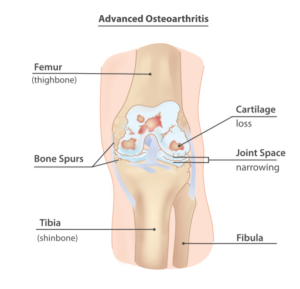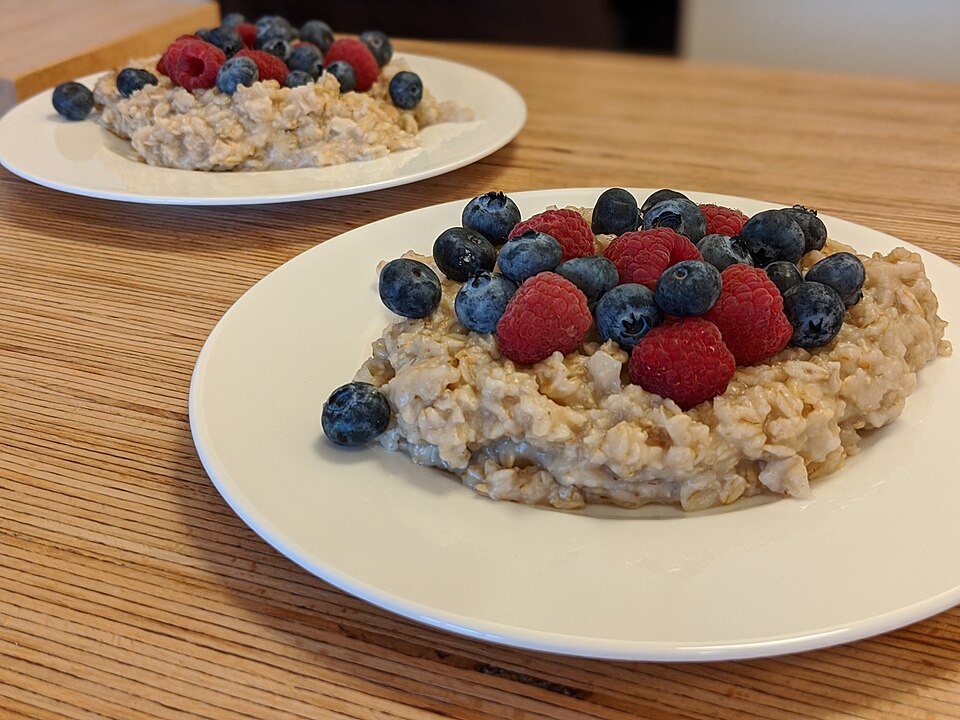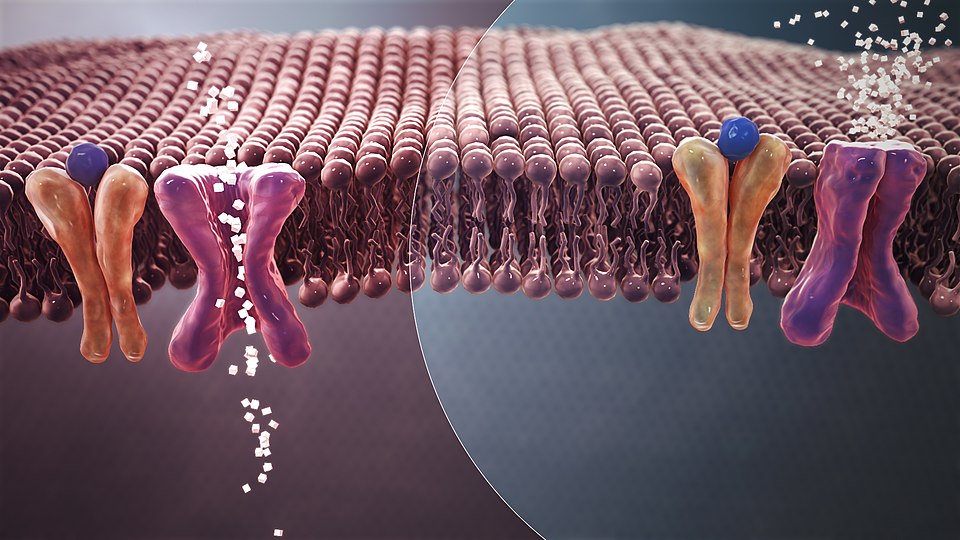Recommended Dose of Turmeric for Inflammation: How It Compares to Ibuprofen
You’re standing in the supplement aisle, staring at rows of turmeric bottles. Then you wonder: how much do I actually need to take? And is this golden spice really as good as everyone says?
You’re not alone. Millions of people are searching for natural ways to manage inflammation. But the dosing information can be confusing. So let’s cut through the noise and give you clear answers backed by science.
Why Turmeric’s Dosage Actually Matters
Here’s the thing most people don’t know. Turmeric powder you buy at the grocery store contains only 2-6% curcumin (the active anti-inflammatory compound). That means you’d need to eat massive amounts of the spice to get real benefits.
Think of it like this: eating turmeric in curry might add flavor. But it won’t deliver the inflammation-fighting power your body needs. For that, you need concentrated curcumin extract in supplement form.
The Recommended Dose of Turmeric for Inflammation

Research shows several effective dosing strategies. But the sweet spot depends on what you’re treating.
For General Inflammation and Joint Pain
The Arthritis Foundation recommends taking 500 mg of curcumin extract twice daily. So that’s 1,000 mg total per day. This dosage has shown solid results in clinical trials for osteoarthritis and rheumatoid arthritis.
For More Severe Inflammatory Conditions
Studies comparing turmeric to ibuprofen used higher doses. Then they saw impressive results. The effective range is 1,500 mg of curcumin extract daily, split into two or three doses.
| Condition | Recommended Daily Dose | How to Split It |
|---|---|---|
| Mild inflammation | 500-1,000 mg curcumin | 500 mg twice daily |
| Joint pain (arthritis) | 1,000-1,500 mg curcumin | 500 mg 2-3 times daily |
| Inflammatory bowel disease | 1,000-2,000 mg curcumin | 500-1,000 mg twice daily |
| Post-workout recovery | 2,000 mg curcumin | 1,000 mg twice daily |
How Turmeric Stacks Up Against Ibuprofen

Now here’s where it gets interesting. Because multiple studies have directly compared turmeric to ibuprofen. And the results might surprise you.
The Head-to-Head Research
A major clinical trial in 2014 studied 367 people with knee osteoarthritis. Half took 1,500 mg of turmeric extract daily. The other half took 1,200 mg of ibuprofen daily. After four weeks, both groups showed similar improvements in pain and function.
But here’s the kicker: the turmeric group reported fewer stomach problems. So they got the same pain relief with better digestive comfort.
• 1,200 mg daily dose
• Effective for pain
• Common GI side effects
• Can cause kidney issues
• Affects stomach lining
What Makes Them Work Differently
Both turmeric and ibuprofen fight inflammation. However, they work through different pathways in your body.
Ibuprofen blocks an enzyme called COX-2. This stops your body from making inflammatory compounds called prostaglandins. It works fast, but it can also damage your stomach lining and kidneys over time.
Curcumin, on the other hand, targets multiple inflammatory pathways at once. It blocks COX-2 like ibuprofen does. Plus it reduces other inflammatory molecules like TNF-alpha and interleukin-6. This multi-target approach may explain why it works so well.
“A 2021 review of 15 clinical trials found curcumin relieved pain and stiffness as well or better than NSAIDs like ibuprofen and celecoxib, minus potentially serious side effects.”
— Arthritis Foundation Research Summary
The Absorption Problem (And How to Fix It)
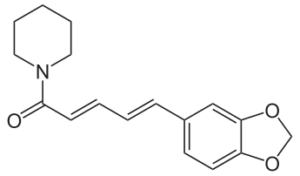
Here’s something crucial about turmeric supplements. Your body doesn’t absorb curcumin very well on its own. In fact, most of it passes right through your system without being used.
That’s why supplement manufacturers pair curcumin with absorption enhancers. And the most effective one is black pepper extract.
The Black Pepper Game-Changer
Black pepper contains a compound called piperine. When you take curcumin with piperine, something amazing happens. Your body’s absorption of curcumin increases by up to 2,000%.
So when you’re shopping for supplements, look for these things on the label:
- 95% curcuminoids (the active compounds)
- BioPerine or piperine included
- Clear dosage of 500-1,000 mg per capsule
- Third-party testing certification
Take It With Food (Especially Healthy Fats)
Curcumin is fat-soluble. This means it dissolves in fat, not water. So taking your supplement with a meal that contains some fat helps absorption even more.
Safety Considerations and Side Effects
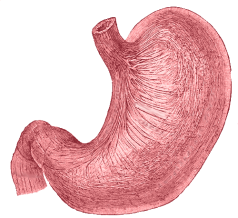
Turmeric is generally very safe. Research shows that doses up to 8 grams daily are well-tolerated for short-term use. But there are a few things you should know.
Common Side Effects
Most people don’t experience problems. However, some report mild digestive issues at higher doses:
- Upset stomach
- Nausea
- Diarrhea
- Dizziness
These effects are much less common than with ibuprofen. Plus they’re usually mild and go away on their own.
Who Should Be Careful
Certain people need to use caution with turmeric supplements:
- Pregnant women: High doses may stimulate the uterus
- People with gallstones: Curcumin stimulates bile production
- Those with kidney stones: Turmeric is high in oxalates
- People on blood thinners: Curcumin has mild blood-thinning effects
- Those taking diabetes medication: Turmeric may lower blood sugar
When to Choose Turmeric Over Ibuprofen
Both have their place. But turmeric might be the better choice for certain situations.
Turmeric Is Your Best Bet When:
You need long-term inflammation management. Because research shows it’s safer for extended use than NSAIDs. You can take it for months without the stomach or kidney problems that often come with daily ibuprofen use.
You have digestive issues. Since turmeric actually protects the stomach lining instead of damaging it. Studies even show it may help with conditions like ulcerative colitis and Crohn’s disease.
You want additional health benefits. Because curcumin doesn’t just fight inflammation. It also acts as a powerful antioxidant, supports brain health, and may help with mood and memory.
Ibuprofen Might Be Better When:
You need fast relief from acute pain. Because ibuprofen works within 30 minutes, while turmeric’s effects build up over time (usually 4-8 weeks for maximum benefit).
You have a fever. Since NSAIDs are proven fever reducers, while turmeric is not.
You’re dealing with a short-term injury. For occasional use (a few days), ibuprofen is fine. But for ongoing issues, turmeric is the smarter choice.
Practical Tips for Taking Turmeric
Here’s how to get the most from your turmeric supplement.
Timing Matters
Split your dose into two servings. Take one with breakfast and one with dinner. This keeps steady levels in your bloodstream throughout the day.
Be Patient
Unlike ibuprofen, turmeric isn’t a quick fix. You need to take it consistently for several weeks to see full results. Most studies show maximum benefits after 8-12 weeks of daily use.
Choose Quality Supplements
Not all turmeric supplements are created equal. Look for these markers of quality:
- Standardized to 95% curcuminoids
- Contains BioPerine for absorption
- Third-party tested (look for USP, NSF, or ConsumerLab seals)
- Free from heavy metals (especially lead)
- Made in an FDA-registered facility
Consider the Form
Several enhanced formulations improve absorption even beyond black pepper:
- Meriva: Curcumin bound to phospholipids
- BCM-95: Includes other turmeric compounds
- CurcuWIN: Water-dispersible formula
- Theracurmin: Nanoparticle formula
These specialized forms can be more expensive. But they may work better for some people.
The Bottom Line on Turmeric Dosing
For most people dealing with inflammation, the recommended dose is clear. Take 500 mg of curcumin extract (standardized to 95% curcuminoids) twice daily with meals. Make sure it includes black pepper extract for absorption.
This dosage provides inflammation-fighting power similar to 1,200 mg of ibuprofen. However, it comes with fewer side effects and potentially more long-term health benefits.
Remember: turmeric works differently than NSAIDs. It takes time to build up in your system. So don’t expect overnight results. Give it at least 4-8 weeks of consistent use before deciding if it’s working for you.
And please talk to your doctor before starting any new supplement. This is especially important if you take medications or have health conditions. Because even natural supplements can interact with drugs.
The good news is this: you now have the knowledge to make an informed decision about using turmeric for inflammation. You know the right dose, how it compares to ibuprofen, and how to take it for maximum results. also you should consider learning more about difference between Natural remedies vs prescription drug
ALSO Read The Ultimate Guide to Natural Diabetes Support
References
- Arthritis Foundation. (2023). Turmeric Probably Won’t Help Your Arthritis, But Curcumin Might
- Johns Hopkins Medicine. (2024). Turmeric Benefits
- Harvard Health Publishing. (2024). Turmeric Benefits: A Look at the Evidence
- Kuptniratsaikul V, et al. (2014). Efficacy and safety of Curcuma domestica extracts compared with ibuprofen in patients with knee osteoarthritis: a multicenter study. Clinical Interventions in Aging.
- UCLA Health. (2018). Can Turmeric Reduce Inflammation?
- Mayo Clinic News Network. (2023). Mayo Clinic Q and A: Turmeric for Healthier Diet, Pain Relief
- National Center for Biotechnology Information. Curcumin: A Review of Its’ Effects on Human Health. Foods.
- Dehzad MJ, et al. (2023). Antioxidant and anti-inflammatory effects of curcumin/turmeric supplementation in adults: A GRADE-assessed systematic review and dose-response meta-analysis of randomized controlled trials. Cytokine.
- Healthline. (2018). Why Turmeric and Black Pepper Is a Powerful Combination
- Shoba G, et al. (1998). Influence of piperine on the pharmacokinetics of curcumin in animals and human volunteers. Planta Medica.
- NutritionFacts.org. (2024). Boosting the Bioavailability of Curcumin
- National Center for Biotechnology Information. Anti-Inflammatory Effects of Curcumin in the Inflammatory Diseases: Status, Limitations and Countermeasures
About the Author
The Remedy Verified Team translates complex metabolic science into clear, practical strategies for everyday health.
Medical Disclaimer
This article is for informational purposes only and does not constitute medical advice. Always consult with a qualified healthcare provider before starting any new supplement regimen, especially if you have existing health conditions or take medications. The information presented here is based on scientific research but should not replace professional medical guidance tailored to your individual circumstances.

